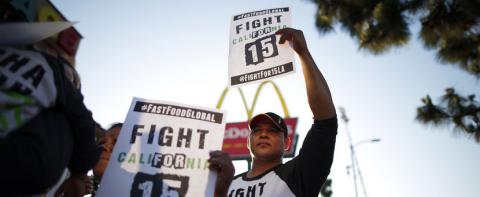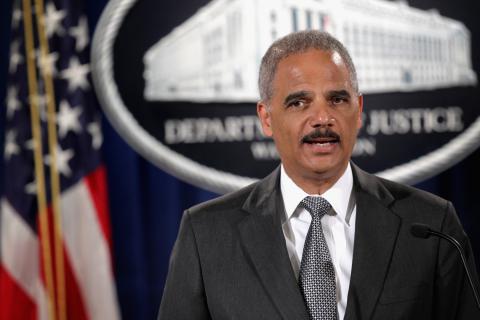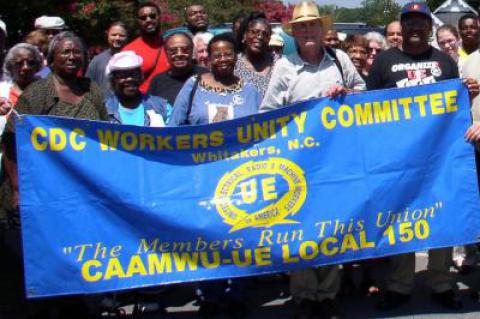News World news Brazil Series: Dispatch Previous | Index Will Brazil elect Marina Silva as the world's first Green president?
The Guardian

Born into a poor, mixed-race Amazon family, Marina Silva is on the verge of a stunning election win after taking over her party









Spread the word